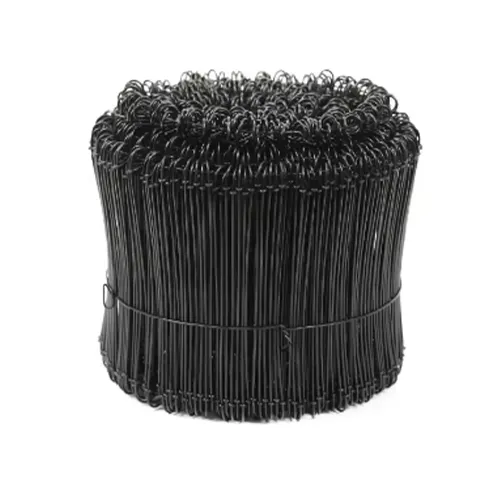-
 Phone:
Phone: -
 Email:
Email:

Understanding the Factors Influencing the Cost of Razor Wire for Security Fencing Solutions
The Cost of Razor Wire An In-Depth Analysis
Razor wire, characterized by its formidable design and acute barbed edges, is widely utilized in security applications across various sectors, including military installations, prisons, private properties, and commercial buildings. As concerns about safety and crime continue to rise, the demand for effective perimeter security solutions has increased, leading to a closer look at the cost implications of razor wire.
Understanding Razor Wire
Razor wire, also known as concertina wire or barbed tape, is made from high-tensile steel and features sharp blades that can inflict serious injury. Its design deters unauthorized access, making it an effective choice for securing sensitive areas. Despite its aggressive appearance, razor wire is actually one of the more affordable security solutions on the market.
Factors Affecting Cost
The cost of razor wire can vary significantly based on several factors
1. Material Quality The type of steel used significantly influences the price. Higher-quality, galvanized steel, which offers better resistance to corrosion and rust, tends to be more expensive but provides longer-lasting security.
2. Coating Powder-coated or vinyl-coated razor wire options come at a higher price. While the coating adds to the cost, it enhances durability and aesthetic appeal, making it a preferred choice for residential and commercial properties.
3. Installation The method of installation directly impacts the overall cost. Professional installation services can add to the expense, while DIY installation can save money but may lack the best results regarding security and aesthetics.
cost of razor wire

4. Design and Configuration Razor wire is available in various configurations, such as straight strands, concertina coils, or flat-wrap designs. Each option comes with its own pricing structure, with complex designs generally costing more.
5. Length and Quantity Bulk purchases typically attract discounts, while smaller quantities may incur higher per-unit costs. It's essential to assess the perimeter that needs securing to gauge how much wire is required efficiently.
Cost Comparison
To provide a frame of reference, the price of razor wire can range from $0.20 to $1.50 per linear foot, depending on the factors outlined above. For a property requiring approximately 1,000 feet of razor wire, the total cost could range from $200 to $1,500. This represents a fraction of the cost of other security systems, such as electric fencing or high-tech surveillance systems, which can run into thousands of dollars.
Return on Investment
When considering razor wire as an investment in security, it is crucial to assess its cost-effectiveness. Razor wire not only serves as a physical barrier but also acts as a psychological deterrent against potential intruders. By investing in quality razor wire, property owners can save on the costs associated with theft, vandalism, and potential legal liabilities stemming from security breaches.
Conclusion
In conclusion, while the cost of razor wire can vary based on material, installation, and design, it remains an economical choice for enhancing security. With its robust deterrent capabilities, razor wire offers peace of mind for property owners while being relatively budget-friendly. When comparing its cost to other security solutions, razor wire emerges as a practical option for those seeking effective perimeter protection without breaking the bank. Whether for residential or commercial use, the strategic investment in razor wire can lead to a safer environment and significant long-term savings.
-
Wire Mesh for Every Need: A Practical SolutionNewsJul.25,2025
-
Steel Fences: Durable, Secure, and Stylish OptionsNewsJul.25,2025
-
Roll Top Fencing: A Smart Solution for Safety and SecurityNewsJul.25,2025
-
Cattle Farm Fencing Solutions for Maximum SecurityNewsJul.25,2025
-
Affordable Iron Binding Wire SolutionsNewsJul.25,2025
-
Affordable Galvanized Wire SolutionsNewsJul.25,2025
-
Wire Hanger Recycling IdeasNewsJul.25,2025








